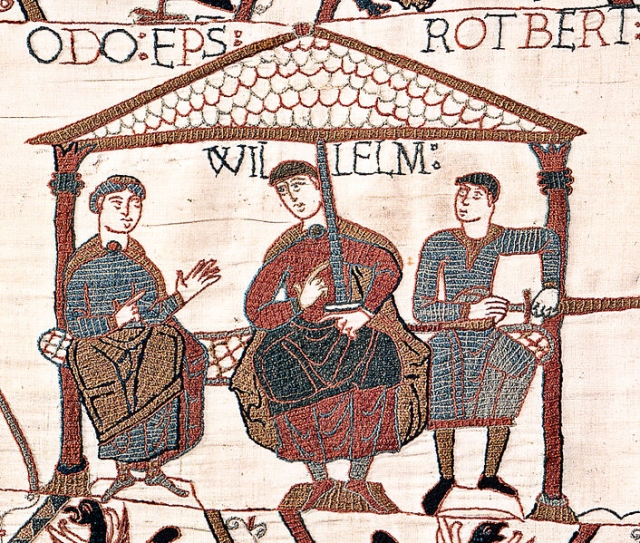1066: The Limits of our Knowledge
Historian article

As the most pivotal and traumatic event in English history, the Norman Conquest continues to generate controversy and debate, especially among those who know little about it or enjoy passing judgement on the past. Who had the better claim to the English throne, William the Conqueror or Harold Godwineson? Was Harold out-generalled at Hastings or simply unlucky? Was William a war-criminal or just a typical warrior of his time? Confronted with the abundance of such hardy perennials, wags might be tempted to quote the apocryphal words of Chinese premier Zhou Enlai, asked in the 1970s about the significance of the French Revolution: it's too early to tell.
The real problem, of course, is that 1066 was a long time ago. When we move back almost a millennium into the past, the evidence is not that good. Eleventh-century England was a literate society, but literacy existed only in pockets. Other societies at the time - those in Scandinavia, for example, with which England was intimately involved - were scarcely literate at all. Much was left unwritten, and much that was written has long since been lost. In comparison with the later Middle Ages, the survival rate for eleventh-century evidence is awful. By the thirteenth century royal government was producing vast amounts of written material every day; the royal chancery had more than a hundred clerks producing thousands of documents, many of which can still be read in the National Archives. Thus the itinerary of Edward I (1272-1307), compiled and published in the 1970s...
This resource is FREE for Secondary HA Members.
Non HA Members can get instant access for £2.75


